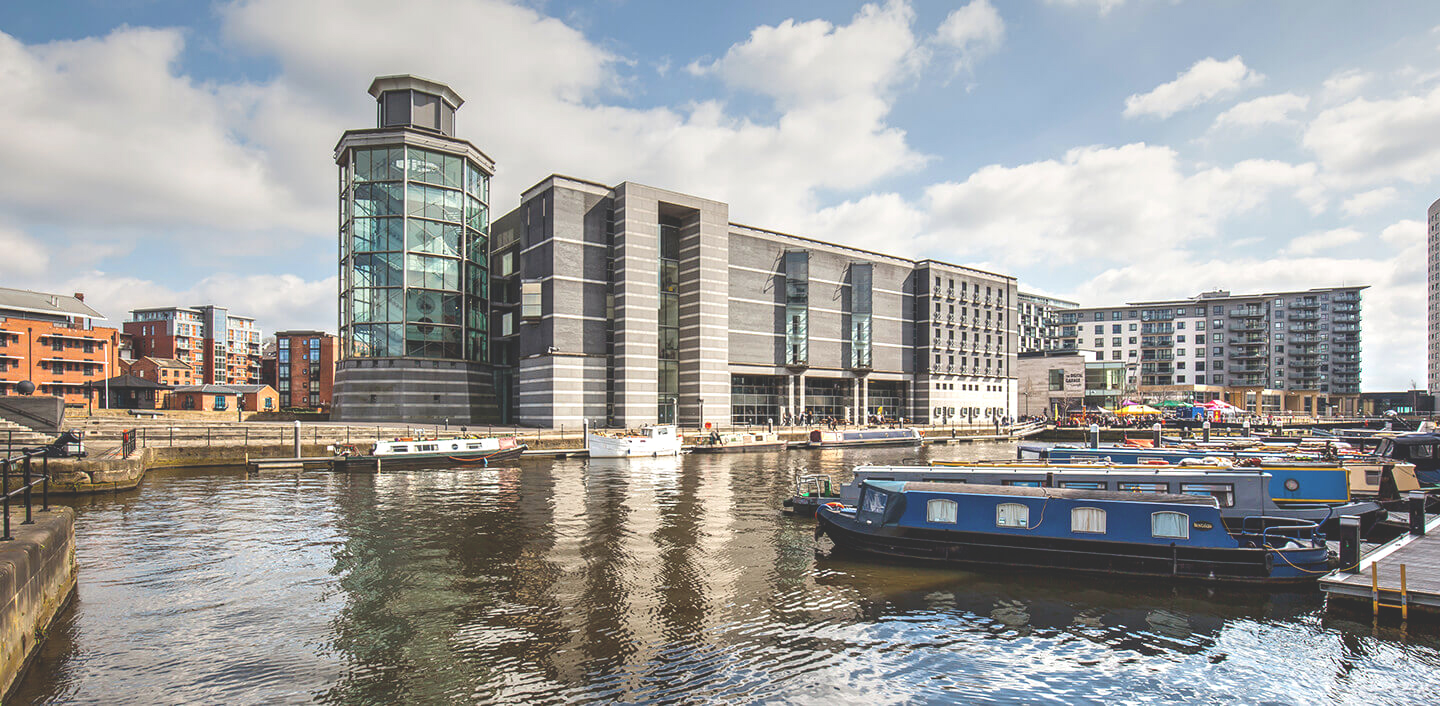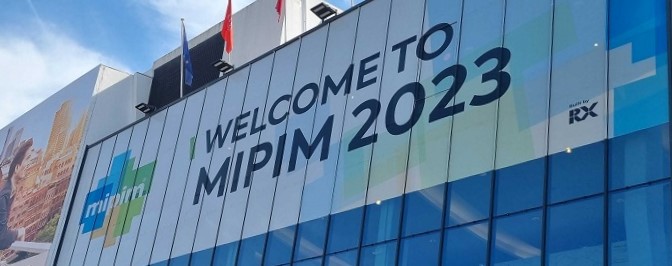The construction industry faces increasing pressure to improve the safety of buildings, and energy efficiency to support decarbonisation targets. With legislation now tightening, commercial buildings below an Energy Performance Certificate (EPC) rating of ‘E’ cannot be legally let as of April 2023. In the same month, the Building Safety Regulator is implementing the Building Safety Act, requiring all ‘higher-risk buildings’ in England to be registered with them by October 1, 2023.
These obligations put the focus on building owners and developers to work smarter and more effectively to meet them. TFT Partner David Medcraft believes that better use of data will be essential to create and maintain efficient and safe of buildings into the future. In a recent article for Construction News, David highlights the role of building data in breaking down silos between sustainability and building safety, as well as across wider project teams.
Do we have the data to stay ahead of market expectations?
Regulatory compliance isn’t the only concern: market expectations are rapidly outpacing regulation and we predict standards will continue to rise. Accordingly, building owners and occupiers prioritise both safety and decarbonization across their portfolios, but nonetheless are missing valuable opportunities to improve both workstreams while developing, managing, buying, and selling properties.
A industry-wide shortfall in reliable building information threatens these efforts. Information is often gathered piecemeal by project or management teams, and those records are frequently lost or made inaccessible over time due to damage, loss, or data corruption. When the remaining information is handed to building owners or occupiers, there are no guarantees it will be fully understood or used.
Surveys and investigations are necessary to fill in the gaps and supply the right data for safety works and decarbonisation works alike. However, the current status quo means that even recent investigations may need to be repeated on the same asset, as findings are lost over time.
Bridging the gaps between safety and decarbonisation
One of the issues is that stakeholders who work on a building over its lifecycle often operate in silos. That is particularly true when considering the specialised works required for decarbonization versus building safety improvements. However, safety and decarbonisation share many similar data requirements.
The Building Safety Act requires building owners and managers to maintain accurate and up-to-date information on their buildings, including details about construction materials, layouts, and maintenance history. Decarbonisation works also require an understanding of materials, layouts, and maintenance history, in addition to data on energy usage, renewable energy production, and building automation systems.
A Building Information Modelling (BIM) system can collect and manage data to facilitate tracking, visualization, and updates of key characteristics. BIM systems offer a powerful means of maintaining the ‘golden thread,’ which the Hackitt report requires to maintain accessible and accurate building safety information, breaking down silos by allowing crucial information to be added, accessed, and used by all who work or use a building.
Making data input easier and output more useful is essential to achieving this and ultimately easing the ongoing work of improving buildings throughout their lifecycles.
David Medcraft, TFT Partner and Head of Development & Project Consultancy
Bridging the data gap: up to the government or the real estate industry?
There are several systems, platforms, and technologies available to help project teams, building managers, occupiers, and owners to gather and use their buildings’ data. However, all of these are useless if data management is not considered necessary for each stakeholder’s role.
The UK government can go further on data requirements to support its decarbonization targets and implement its Building Safety Act. The real estate industry could lead the way in creating a common standard for data management by co-developing and promoting it. We need to create guidance and resources to enable all professions to work with data models that support their responsibilities.
The industry can better orchestrate its decarbonization and building safety works by using data management. Whether a result of regulation or market-led standard, it is the only way to avoid a vicious cycle of repeated works, uncertainty, expenditure, and stranded assets risks in the future.
Read the full article in Construction News, here.







